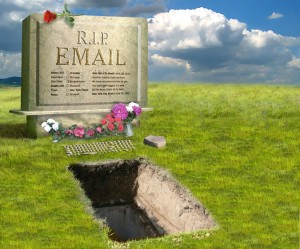
Listening is an important, and often poorly practiced, skill. It is so important that many top employers provide listening skills training for their employees. Seem surprising? Not really when you consider that good listening skills can lead to:
- Better customer satisfaction;
- Greater productivity;
- Fewer mistakes; and
- Increased sharing of information which can lead to more creative and innovative work.
Many successful entrepreneurs and leaders credit their success to their strong and effective listening skills. Richard Branson, for example, frequently quotes listening as one of the main factors behind his success with the Virgin brand. Bob Farrell, CEO of software development company “Kewill,” also stresses the importance of listening:
“I am just amazed at how often people don’t take the time to listen. All the technology we have has facilitated our ability to know about things and to be productive, but it does sometimes decrease our ability to listen and to be effective.”
Click here to view the New York Times article in full.




